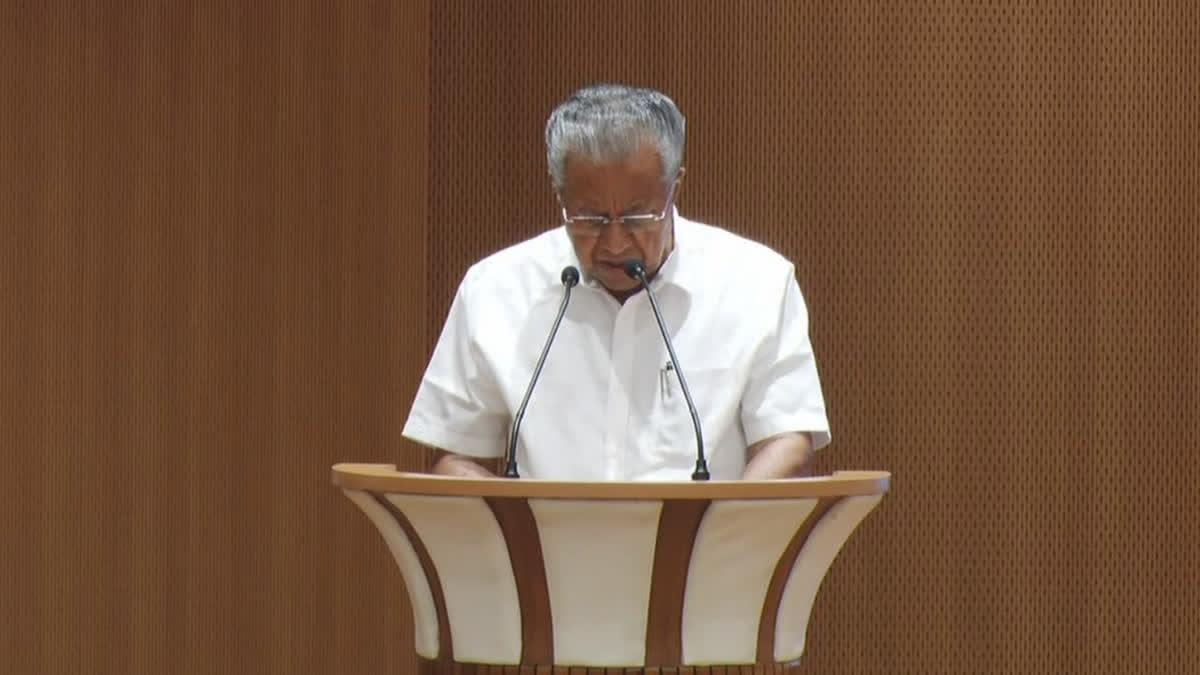Thiruvananthapuram:In a strong show of unity, six opposition-ruled states including Kerala, Telangana, Tamil Nadu, Karnataka, Punjab, and Jharkhand came together to protest against the Centre's University Grants Commission (UGC) draft amendment rules, citing that it threatens the autonomy of state universities. Ministers and education officials representing these states joined the National Education Convention, held in Kerala’s Legislative Assembly on Thursday, to raise voice against the alleged encroachment on the autonomy of states and universities.
The convention, inaugurated by Kerala chief minister Pinarayi Vijayan, began at 10:30 AM at the Shankaranarayanan Thampi Hall in the Kerala Legislative Assembly. In his inaugural speech, Vijayan said that the draft UGC regulations of 2025 not only diminish the role of state governments in higher education but also effectively sideline them.
The CM stated that under the draft regulations, states have no role in the appointment of vice-chancellors (VCs) and assistant professors in state-established universities. This move is undemocratic and excessive, he criticised.
The chief minister said that transferring these powers to Chancellors, who are the Governors appointed by the Centre, opens door for political interference and politically-motivated selections that could harm the functioning of the higher education sector. He claimed that 'gubernatorial excesses' were being experienced by many opposition-ruled states, including Punjab, Tamil Nadu, Telangana, and Kerala.
Vijayan said that Governors, as Chancellors, have made political interferences in universities in the states and the same is expected to increase under the draft regulations. The chief minister also highlighted his government's experience with former Kerala Governor Arif Mohammed Khan and how he had declined assent to various bills related to the administration of universities in the state, eventually forcing the state government to approach the Supreme Court.
Vijayan mentioned the draft regulations also carried 'new and arbitrary criteria for promotion of academic staff', and were not an isolated incident in terms of the Union government infringing upon the states' rights.
